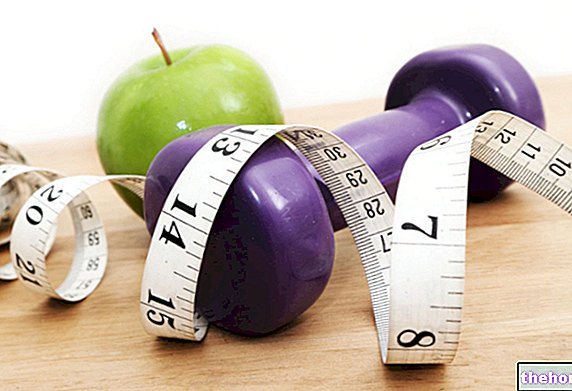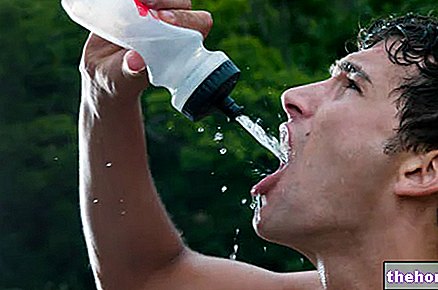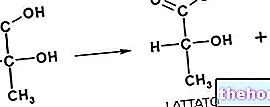" first part
Let's deepen the pre-competition or pre-training discourse
The main function of a high-carbohydrate pre-exercise meal is to provide the dose of carbohydrates necessary to saturate glycogen stores and ensure proper hydration.
What to eat:
always take into account your preferences, but also the digestibility of food: lipids and proteins are digested slowly, remaining in the intestinal lumen longer than carbohydrates.
Why carbohydrates?
Carbohydrates are absorbed more quickly than lipids and proteins; this determines the possibility of having an energetic substrate readily available.
A meal rich in proteins induces a greater increase in basal metabolism (see thermogenesis) than carbohydrates (the thermal effect can be counterproductive in competition conditions, where the body is forced to thermoregulate); furthermore, protein catabolism induces dehydration, as the final products require water for urinary excretion.
When?
3-4 hours before the race
If the race is in the morning, it will be necessary to have breakfast at least 2 hours in advance and particular importance will be covered by the feeding of the previous evening.
If the race is in the afternoon, breakfast must be particularly abundant and lunch eaten 3 hours before.
If the race is in the evening, lunch will be important, while a waiting food ration may be provided before the race.
The waiting ration has specific relevance in endurance sports, in cases where the starting time is not well defined (or may be subject to variations), or in competitions with an interval. Its main functions are: to balance, to avoid and compensate for sudden changes in blood sugar, hydrate the body.
Especially in emotional athletes, anxiety due to waiting is able to lower blood sugar more than muscle work itself. The most used waiting ration is a glass of water with concentrated fruit juice or maltodextrin, every half hour after the last meal until half an hour before the race. Avoid all drinks with sucrose (such as canned drinks).
The meal should mainly consist of foods low in fiber and complex carbohydrates (starches), rather than simple sugars, which lead to an increase in insulin with relative secondary hypoglycemia and consequent central fatigue (CNS).
The increase in insulin, in turn, leads to an increase in intracellular glucose which causes glycidic catabolism for energy purposes.
The increase in insulin also leads to an inhibition of lipolysis and the mobilization of fatty acids.
Prefer low glycemic index carbohydrates: fructose, yogurt, peas, apples, peaches, beans.
There are pre-packaged liquid meals on the market that can be a valid alternative to the pre-race meal; they are well balanced from a nutritional point of view, providing a high content of carbohydrates, but also lipids and proteins sufficient to guarantee an adequate sense of satiety. They also contribute to hydration.
Indications for the use of prepackaged liquid meals:
1) competitions that extend throughout the day (athletics or swimming with heats and final);
2) heavy workouts (guarantee an adequate caloric intake);
3) athletes with difficulty maintaining body weight.

The author of the article: Valerio Mei, personal trainer, weightlifting instructor, physical culture and sports masseur graduated respectively from fipcf, acli and efoa university.
Manager of a vitamin store sports supplements shop in Modena.


























